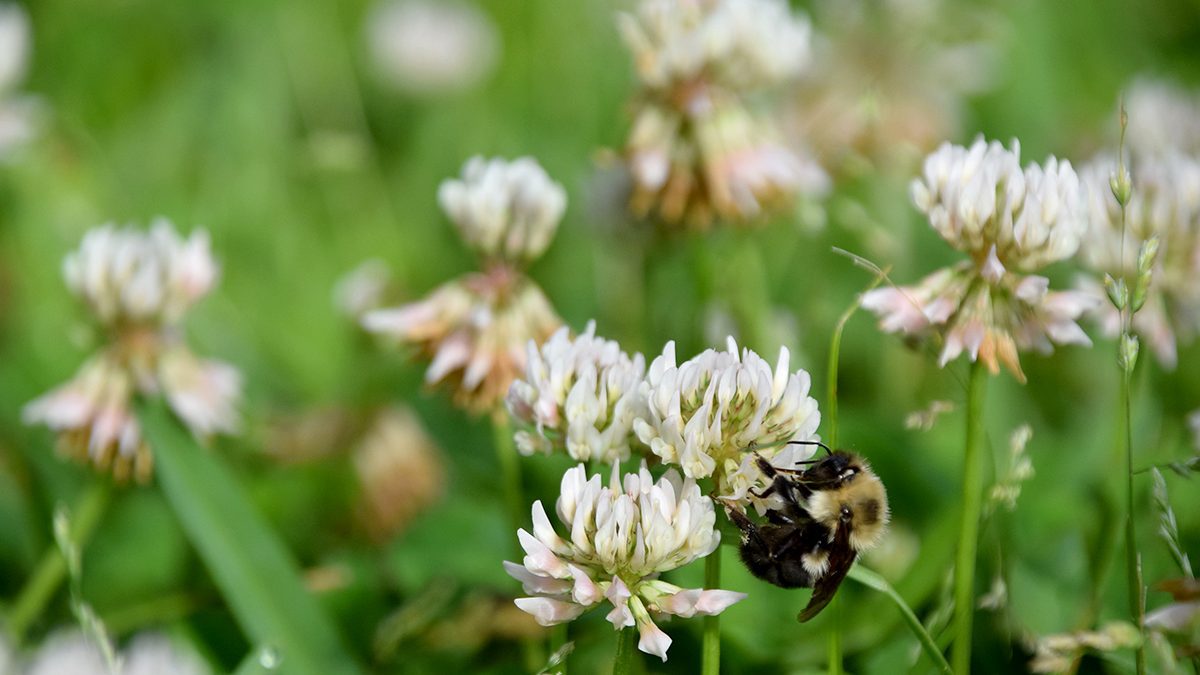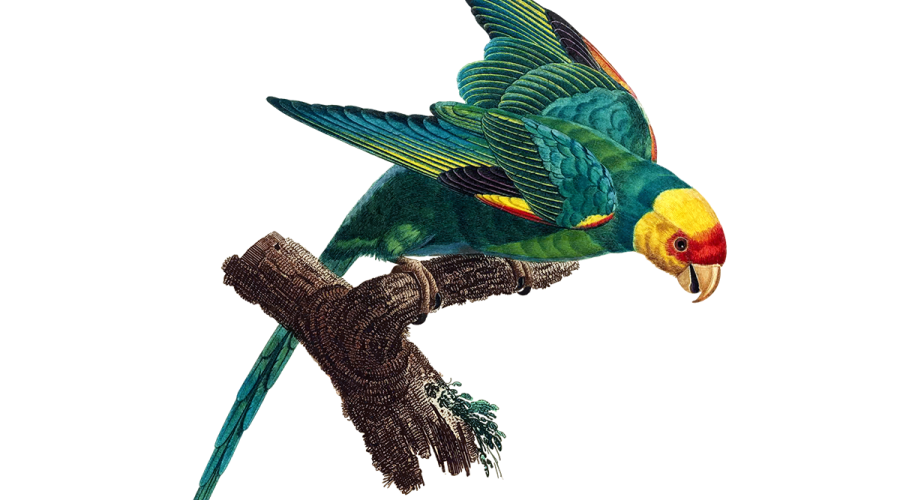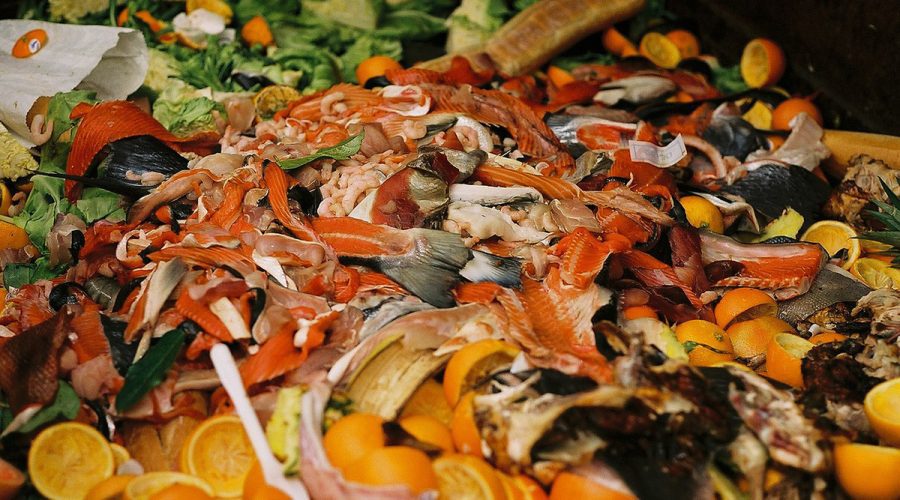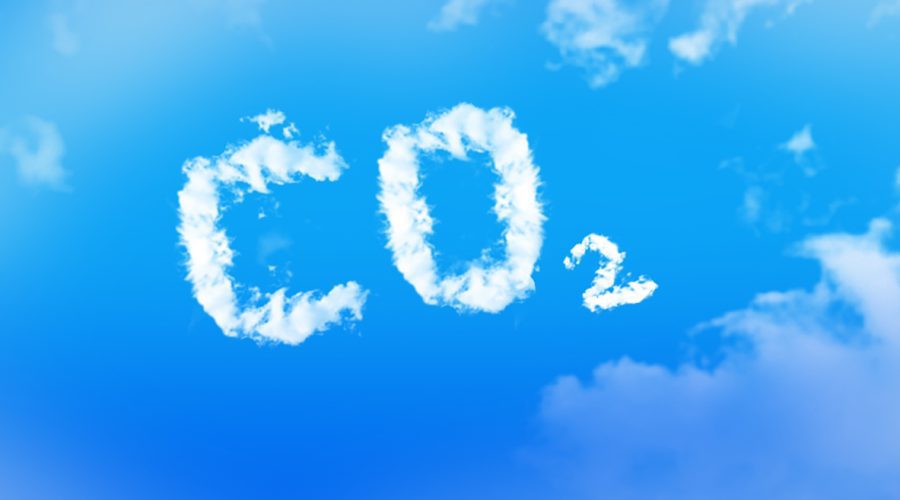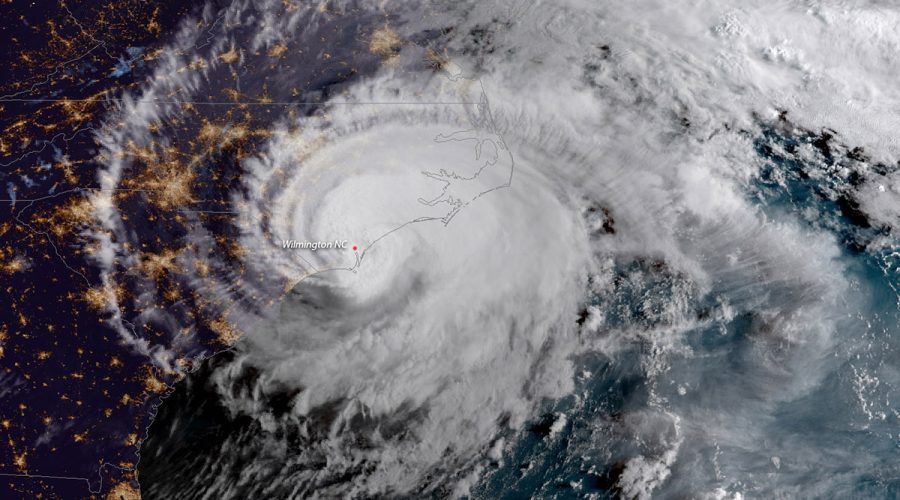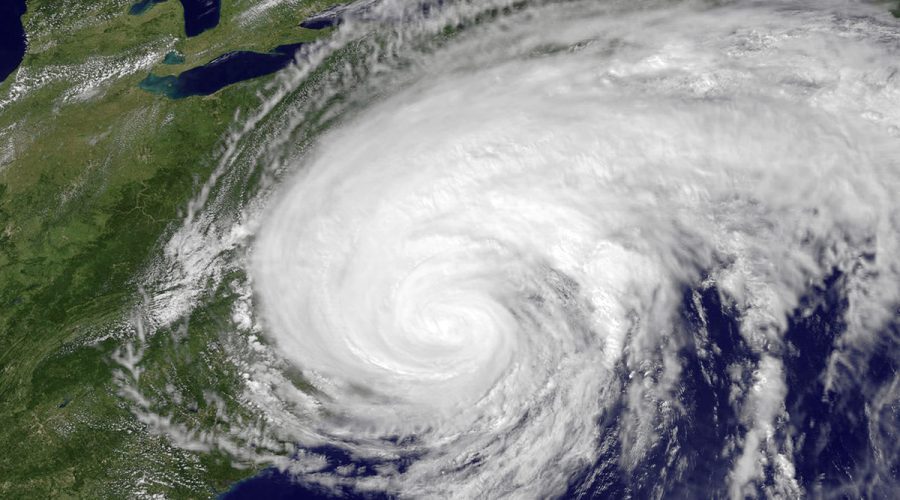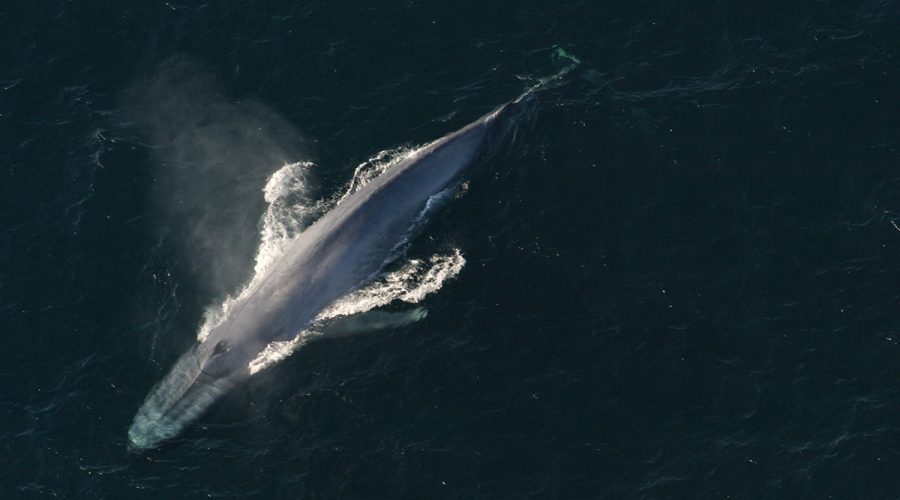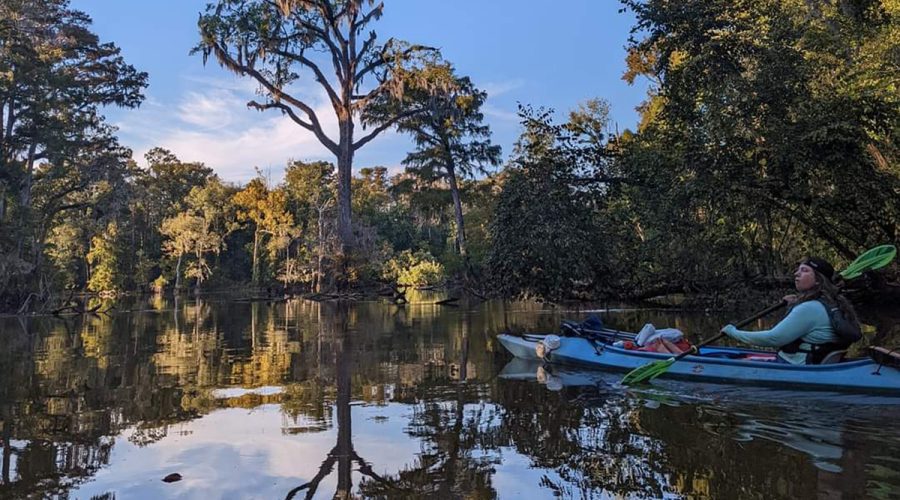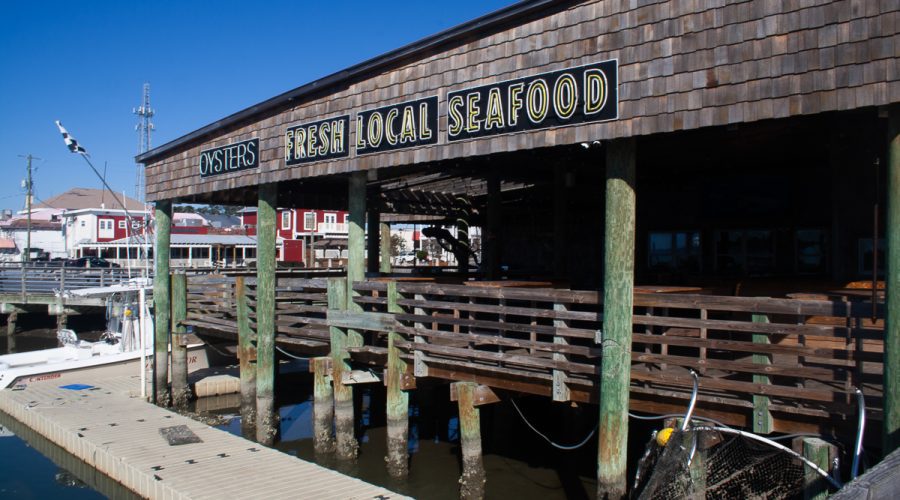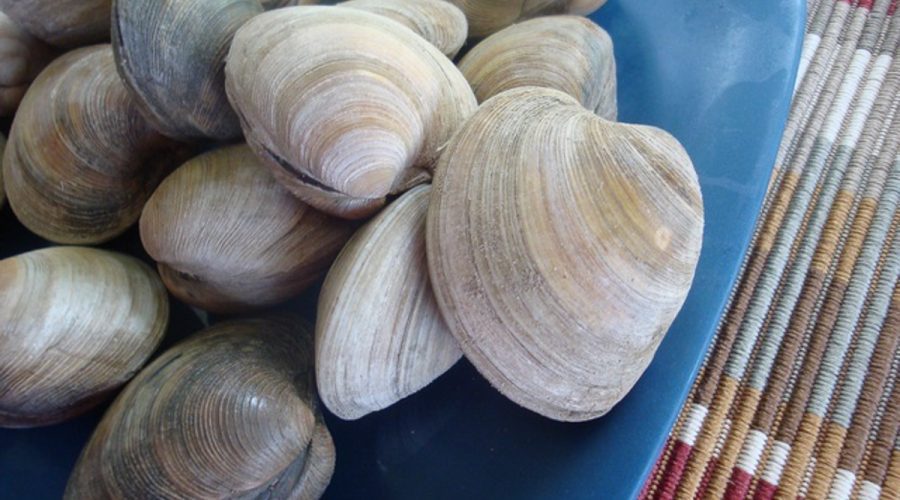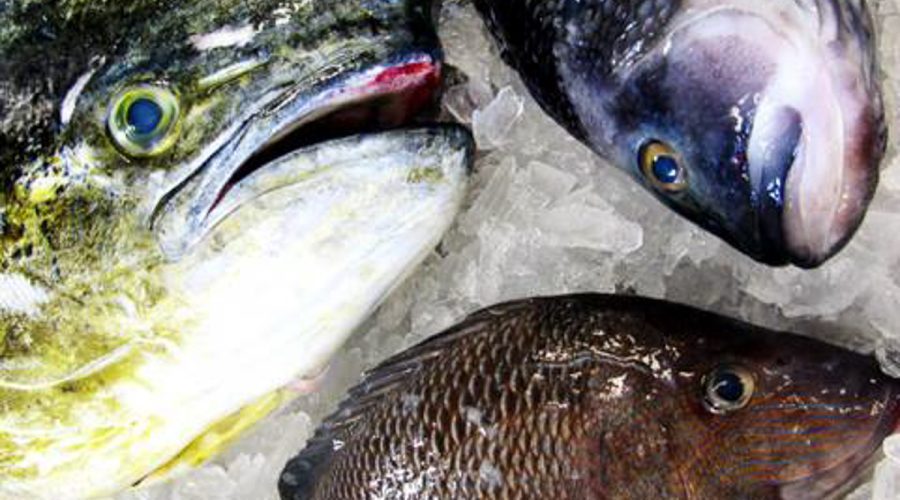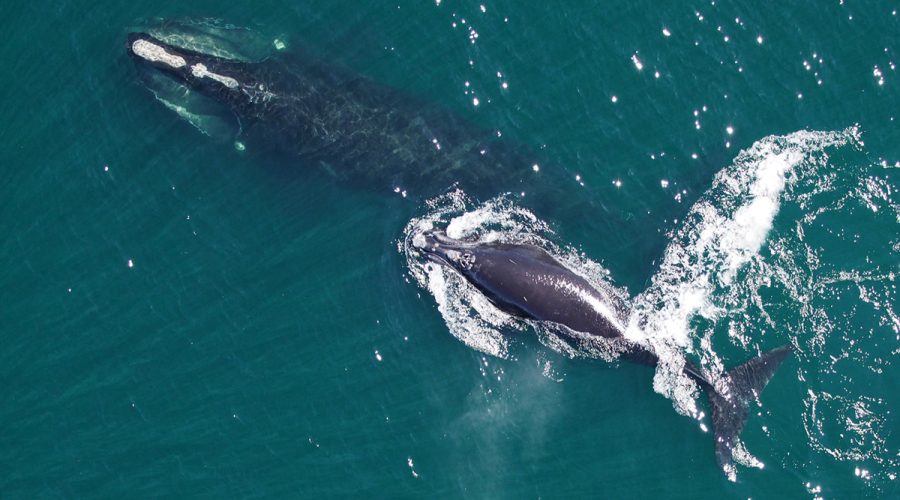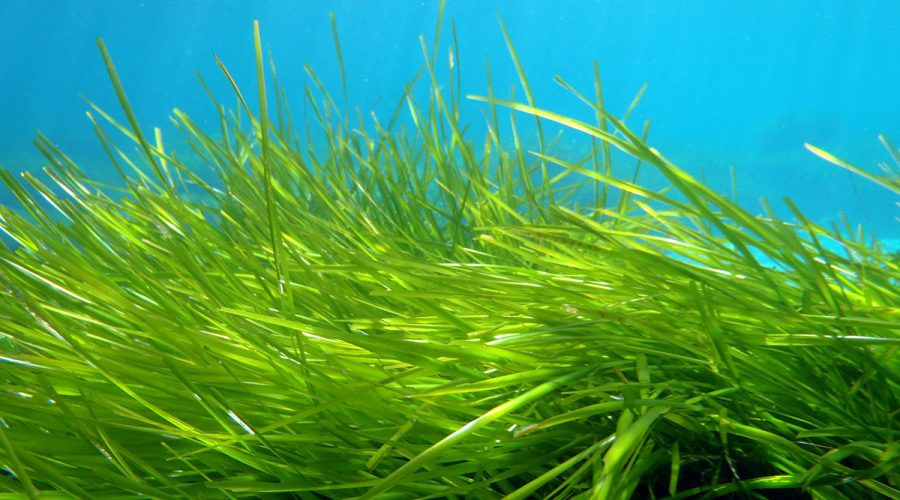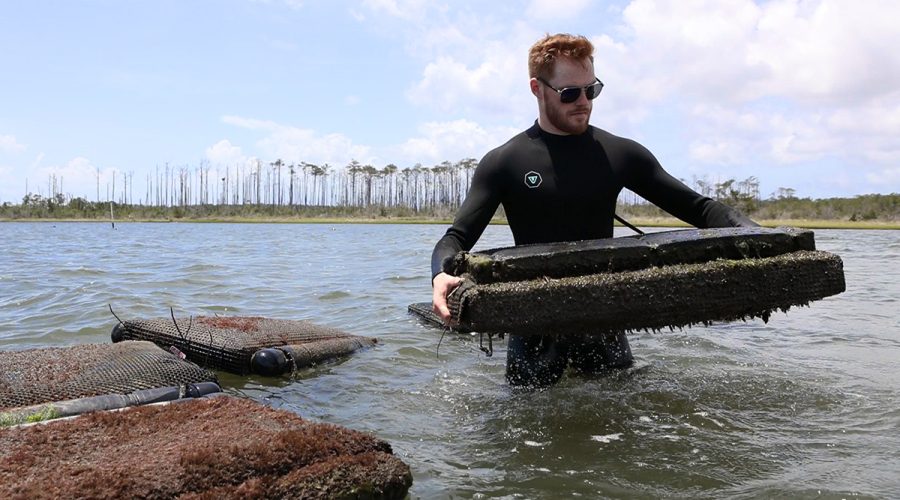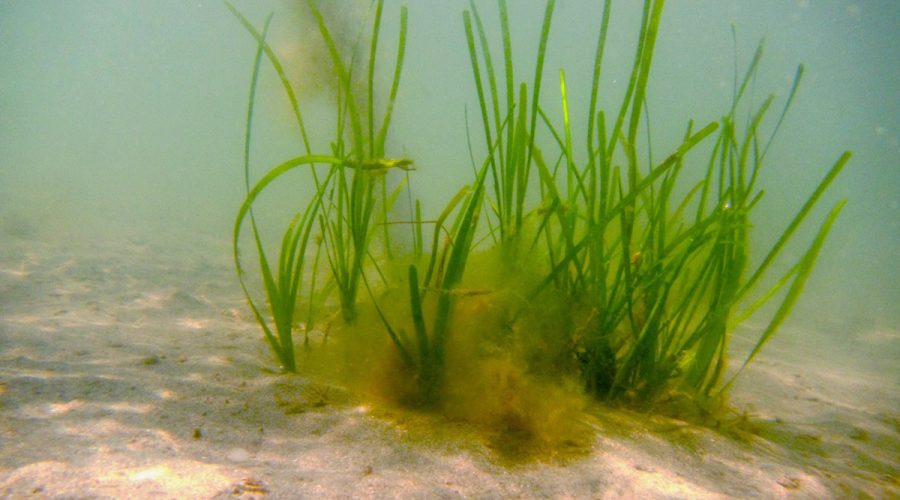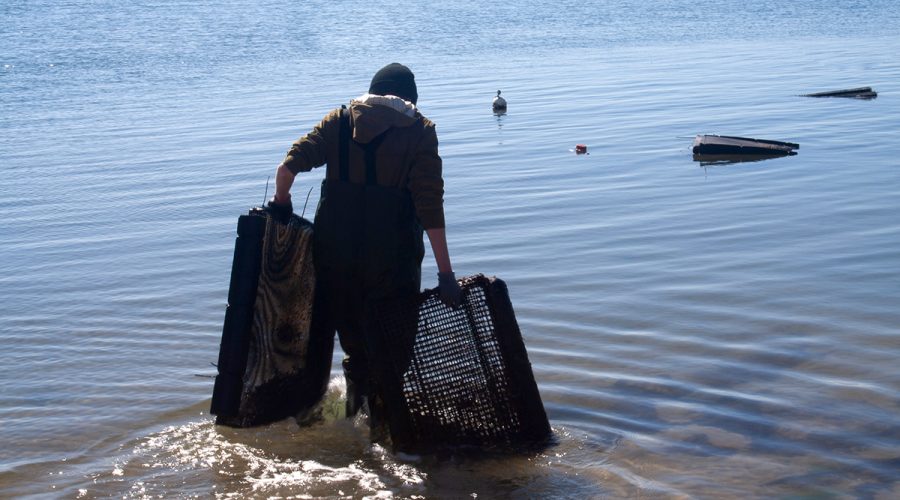An awareness campaign called “No Mow May” is urging people not to mow their lawns this month, or even this whole season, as a way to help make sure that pollinators have enough to eat.
Book chronicles Endangered Species Act’s first 50 years
Author, environmental attorney and historian Lowell E. Baier explores the context for the act, its pitfalls, successes and challenges and offers a look into the future, all with the hope of preventing more losses like the extinct Carolina parakeet.
Urgent action needed in food sector to curb warming: Study
Changing diets, curbing food waste and optimizing agricultural production practices could contribute significantly to lessening the anticipated effects of climate change.
Wording matters when talking about climate change: Study
The public’s perception of certain terms and phrases can influence how they perceive and respond to information about climate change, according to new research.
Weak tropical cyclones are intensifying as oceans warm
A study finds that forecast methods may underestimate tropical storms and Category 1 hurricanes, which have had bigger impacts over the past 30 years because of climate change.
Seagrass-associated fish recover quickly from cyclones
The recently published study using 10 years of data finds no significant difference in fish communities before and after storms, but habitat integrity may be key.
Whales may be ingesting millions of microplastics daily
Researchers in California have found that blue whales may be consuming 10 million pieces of microplastics per day, humpback whales may be consuming 200,000 pieces per day
Neuse River Rising: Sound River paddlers cover 150 miles
In honor of the Clean Water Act’s 50th anniversary, river quality advocates recently paddled nearly 150 miles of the Neuse River, sharing their 11-day experience with Coastal Review.
Socially sustainable seafood requires diligence, scrutiny
Mislabeling is common in the seafood industry even as consumer demand for local and sustainable food grows. In the end, it’s better for everyone to make the supply process transparent.
Stewardship, consumer support keys to sustainable seafood
Advocates say attaining and maintaining sustainability in the seafood industry means recognizing and balancing the ways society, culture, economy and ecology are all interconnected.
Defining terms: What does ‘sustainable seafood’ mean?
“Sustainability” has multiple meanings, but in the context of seafood, the word has social, economic and environmental implications. Second in our continuing series examining the role and sustainability of seafood in a healthy diet.
Researchers index climate change effects for marine species
Nearly 90% of the 25,000 marine species studied will be at high or critical risk by 2100 in the worst-case scenario for greenhouse gas emissions, according to the study out this week.
Sugars secreted by seagrass roots sweeten habitat: Study
The finding could increase the understanding of what’s going on in the sediment below and around seagrass root systems and improve seagrass conservation approaches.
Brutal season for farmed oyster mortality along NC coast
Summer mortality in oysters is nothing new, but growers and researchers say widespread die-offs already this year have been especially severe.
NC water quality thresholds may leave seagrass vulnerable
New research from UNC shows that the state’s current water quality standards for chlorophyll-a and turbidity may not protect submerged aquatic vegetation in high-salinity estuaries considered economically and environmentally vital.
Sustainable aquaculture may hinge on research, education
In an industry that’s constantly evolving and a climate that’s also changing, environmental monitoring, science and training appear to be key to the future of oyster farming and other forms of aquaculture.

